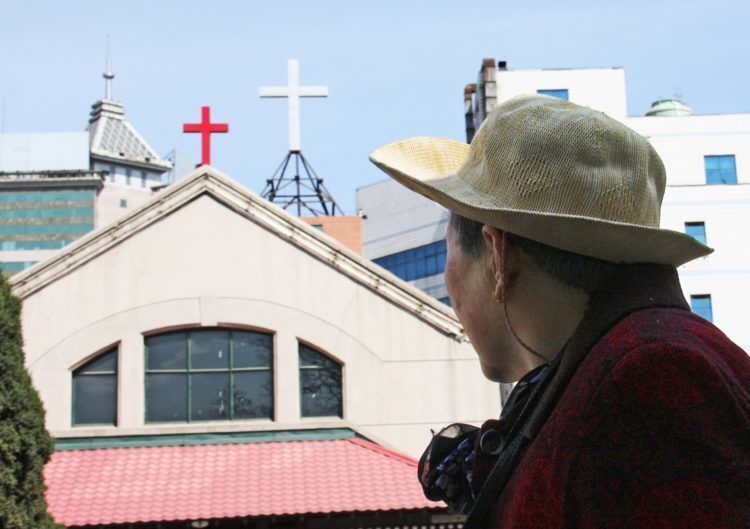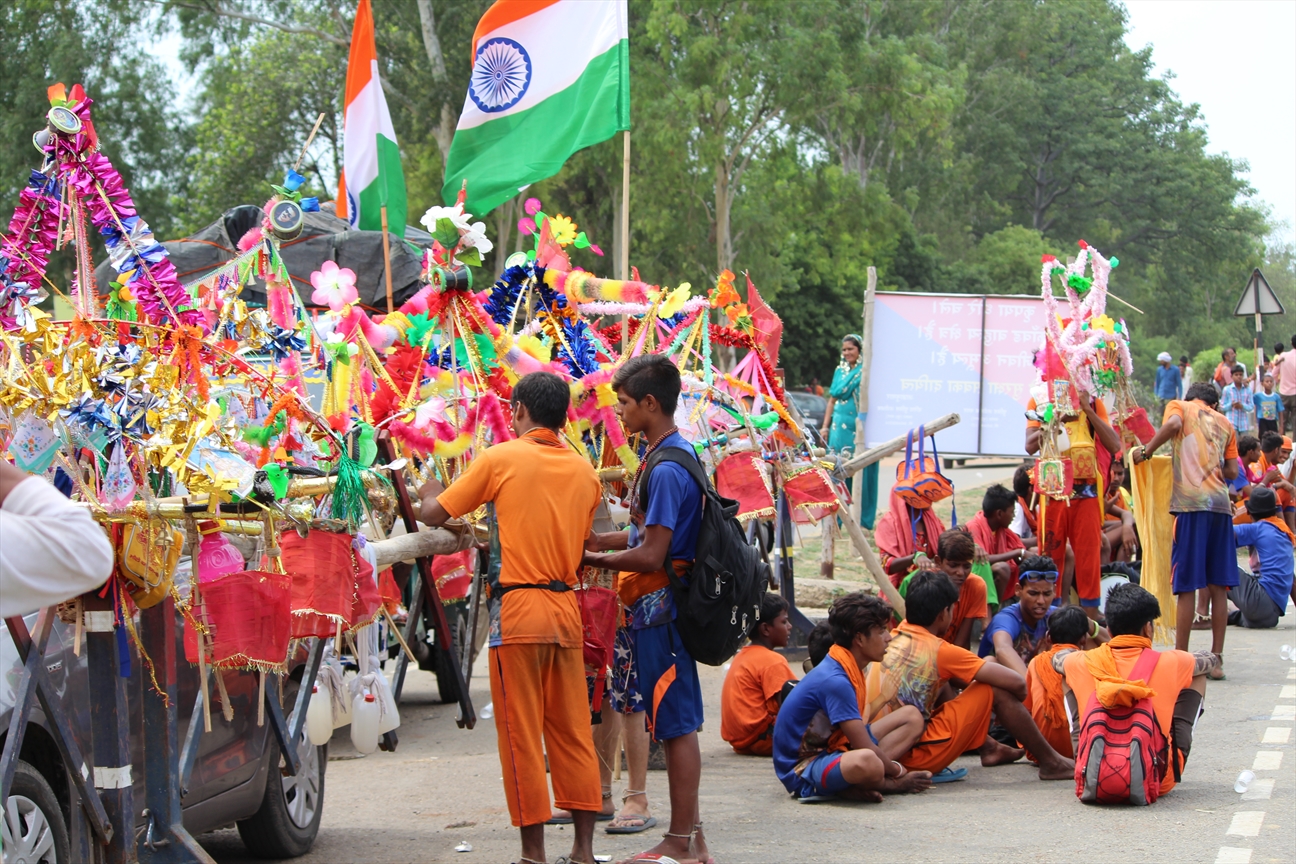Source: www.worldwatchmonitor.org
Date: January 15, 2020

A case can be made that today there are more Christians in China than members of the Communist Party. China comes no. 23 in the Open Doors World Watch List of the top 50 countries in which it’s most difficult to live as a Christian which was published today. Last year the country ranked 27th.
Christians appear to threaten President Xi Jinping’s government because they worship a higher power than him and the Party, as do other religious groups. There are estimates that more than a million Uighur Muslims may have been in detention centers in Xinjiang, where there is evidence of ‘systematic brainwashing’ and coercive control. But it would be impossible to imprison at least 90 million Christians.
It is somewhat more possible to monitor them. China and other authoritarian states, which already heavily restrict ‘religious freedom’, are stepping up their use of biometric technology and artificial intelligence.
The Chairman of the state-controlled Three Self Patriotic Movement (TSPM, the state-sanctioned Protestant Church) in March accused “anti-China forces in the West” of “trying to influence China’s social stability and even subverting China’s political power through the use of Christianity.” Despite such pro-Party comments, some TSPM congregations do face severe difficulties with the authorities.
The impact of the Regulations for Religious Affairs, now in force for almost two years, continues to spread. It is strictly forbidden for children under 18 to attend churches; this ban has been implemented country-wide, especially strictly in Henan (where the percentage of Christians is among the highest) and Gansu provinces.
The fact that churches are registered in the TSPM does not protect them from harassment or even closure. They sometimes not only have to take down their crosses and submit to endless bureaucratic monitoring, but increasingly have to install cameras and facial-recognition technology. In Xinjiang, at least one TSPM church is known to require congregants to queue for facial-recognition checks. This procedure has also now been reported in the central province of Hubei.
In test-runs of a Social Credit System (SCS), by which authorities plan to rate everyone to reward good citizenship and punish bad, one community (Rongcheng in Shandong Province) is reported to have decided to add penalties for those who “illegally spread Christianity”. With a new law for mandatory facial recognition to buy a phone, and Internet use to be linked to the SCS, Christians will find it increasingly hard to keep a low profile if necessary.
The authorities drafted new guidelines to curb “chaotic” online information on religion in September 2018. Online resources are a major source of encouragement for Christians, especially in remote areas. Online sharing will be allowed only when the provincial religious affairs department has issued a license for it.
 https://www.worldwatchmonitor.org/wp-
https://www.worldwatchmonitor.org/wp-In India (no. 10 in 2020, same as WWL 2019) too, biometric-based systems continue to make progress. Under a second-term BJP-led government, an ultra-nationalistic Hindutva ideology (in which to be an Indian, you must be a Hindu) continues to spread. The BJP’s strategic advance is seen not only in the recent Supreme Court decision to allow the rebuilding of the Hindu temple at Ayodhya, but in the repeated proposal to widen a ban on “forced conversions”, currently in force in nine states.
This year, 2020, the Indian government is due to introduce a national facial-recognition system, which it says will do no more than facilitate police work. But the technology has been shown to be inaccurate in identifying darker-skinned people and those from ethnic minorities, and so risks institutionalizing systemic discrimination. With at least 447 verified incidents of violence and hate crimes against them this year (amidst a climate of impunity due to police inaction and even collusion), Christians are concerned about further targeting. In addition, the mass media continue to mischaracterize Christians as ‘agents of the West’ and foreign funding for Indian NGOs is closely scrutinized.
